Which Vitamins and Supplements Should you Take Together or Separately
Nutrients require a variety of different shuttles to be effectively carried to their target organ. Pairing nutrients can either support absorption or make it more difficult.
For example, water-soluble vitamins like vitamin C are best taken on an empty stomach because they're easily absorbed. Note that some people may not be able to tolerate them on an empty stomach. (1)
Fat-soluble vitamins like vitamin A, on the other hand, are best taken with food so that they can be properly metabolized. Minerals like iron and calcium can compete for absorption, so it's best to take them at separate times. (2)
Issues with absorption are a lot more pronounced when vitamin supplements and herbal supplements are combined. Moreover, the addition of prescription medication to the mix adds an extra level of complexity.
It is important to note, however, that the interactions between nutrients can be used to our advantage if supplement combination was done mindfully. Consulting a healthcare provider is critical whenever prescription medications are combined with any supplement.
A healthy diet may contain many vitamins, minerals, and amino acids that can also enhance the health benefits of some supplements, while an unhealthy diet can diminish them. A healthcare provider may provide guidelines on timing supplements in a way that enhances their absorption and efficacy.

Blog Contents
General Tips
-
Vitamins A, D, E, and K are better absorbed with food as they are fat-soluble vitamins
Vitamin K supplements (K2) are important to take away from calcium as calcium de-activates the vitamin K ( NOTE: that some vitamin K2 and Calcium combinations are effective as the vitamin K2 is micro-encapsulated away from the calcium)
Prenatal vitamins should always be combined with meals
Iron absorption is more efficient in an acidic medium (vitamin C helps to improve iron absorption, hence the notes to always take iron supplements with orange juice)
Any time you introduce a new supplement, take the smallest dose possible to ensure that you can tolerate the supplement
Vitamins D and K2 should always be combined to avoid the accumulation of calcium in joints and blood vessels
Fish oil supplements (omega-3 fatty acids) should be taken with meals
Calcium can interfere with the absorption of other nutrients
Copper supplements should be recommended to those who are on zinc supplements long-term
B-Vitamins are involved in the process of energy production, they should be taken in the morning
High doses of any supplements should only be taken after the consultation of a healthcare provider like a naturopath
Mineral Supplements that Affect Absorption
There are a few factors that can reduce the absorption of mineral supplements. One is calcium. Calcium can bind to other minerals in the gut and prevent their absorption. This is why it's important to take mineral supplements at different times of the day from when you take calcium supplements. Another factor is magnesium. (3)
Magnesium
Magnesium can also bind to other minerals in the gut and reduce their absorption. Stomach acidity can also affect the absorption of mineral supplements. If you have low stomach acid, you may not absorb as many minerals. Prescription medications can also affect the absorption of mineral supplements. Some drugs, such as proton pump inhibitors, can reduce stomach acidity and make it harder for your body to absorb minerals. Finally, pain medications can also interfere with the absorption of minerals. If you're taking pain medications, talk to your doctor about how they might affect your mineral supplement absorption. (4)
Iron and Calcium
Iron and calcium are two of the most important minerals in the human diet. Iron is essential for transporting oxygen throughout the body, while calcium helps to build strong bones and teeth. However, these two nutrients can also interact with each other in unexpected ways. Iron supplements can interfere with the absorption of calcium. Similarly, calcium supplements can make it difficult for the body to absorb iron, potentially leading to anemia.
Taking an iron supplement at the same time as taking a calcium supplement reduces the effectiveness of the iron supplement. As a result, it's important to be careful when taking both Iron and calcium-containing dietary supplements, as they can have a profound effect on each other's absorption. If you are considering taking both Iron and calcium supplements, it's always best to speak with a doctor or pharmacist first to ensure that you are taking them safely and effectively. (5)
Vitamins That Affect Absorption
Vitamins are essential nutrients that the body needs to function properly. While we can get most of the vitamins we need from our diet, some people may need to take supplements to ensure they are getting enough. However, it is important to be aware that vitamins can affect each other's absorption. For example, taking a vitamin C supplement can help increase the absorption of iron. Conversely, taking a calcium supplement can reduce the absorption of vitamin D and vitamin K. (6)
Water soluble vitamins are:
Vitamin B1 (thiamin)
Vitamin B2 (riboflavin)
Vitamin B3 (niacin)
Vitamin B6 (pyridoxine)
Vitamin B12 (cobalamin)
Folic acid
Biotin
Pantothenic acid
B-Vitamins
B-Vitamins are from the family of water-soluble vitamins. They are essential nutrients that play a role in everything from energy metabolism to brain function. Unfortunately, these vitamins can be difficult to absorb, especially if you have certain health conditions or take certain medications. While most of the vitamin B family does not accumulate in the body, B12 has the capacity to accumulate in the body. The absorption of vitamin B 12 depends on a stomach factor known as the intrinsic factor. It is important to note that low stomach acidity can significantly reduce the absorption of vitamin B12, thus taking the vitamin with an acidic meal may significantly enhance absorption. Additionally, due to the fact that the intrinsic factor is a protein, it is important to maintain healthy protein levels as protein deficiency may significantly reduce the absorption of vitamin B-12. (7)
The fat-soluble vitamins are:
Vitamin A
Vitamin D
Vitamin E
Vitamin K
One way to enhance the absorption of fat-soluble supplements is by taking them with food. Taking a supplement with food helps to increase the surface area of contact between the supplement and digestive enzymes, which can improve absorption. Additionally, eating healthy fats along with supplements can help to boost absorption. Some good examples of healthy fats include olive oil, avocados, and nuts. This is why vitamin D supplements often come in an emulsified form to support their absorption and ensure that the nutrient accumulates at high enough levels to support both the immune system and bone health. (8)
Nutrient Competition
The human gastrointestinal tract is a long, complex system that is responsible for breaking down food and absorbing nutrients. In order for absorption to occur, nutrients must first bind to specific receptors on the gut lining. However, many different nutrients compete for the same receptors. For example, iron and zinc compete for the same receptor, which can result in one or both of these nutrients being left unabsorbed. This is why it's important to eat a varied diet that includes foods from all the major food groups. By consuming a wide variety of nutrients, you can ensure that your body receives all the nutrition it needs. (9)
Zinc and Copper
Zinc plays an important role in human health, playing a role in everything from immune function to DNA repair. However, too much zinc can actually cause copper deficiency. This is because the two minerals compete for absorption in the gut, and high levels of zinc can reduce copper absorption. Additionally, zinc supplements can damage the lining of the gut, making it more difficult for the body to absorb copper. Lastly, zinc can interfere with enzymes that are needed to break down copper and make it available for use by the body. As a result, supplementing with too much zinc can lead to copper deficiency, which can lead to a variety of health problems. (10)
Nutrients That Alter Clotting
Vitamin K is a nutrient found in leafy green vegetables, broccoli, and Brussels sprouts. The body needs vitamin K to help blood clot and prevent excessive bleeding. Because of its role in clotting, vitamin K can interact with blood thinners such as warfarin (Coumadin). If you take a blood thinner, it is important to avoid foods high in vitamin K. However, there are two types of vitamin K: K1 and K2. Vitamin K1 is found in plants, and vitamin K2 is found in animal products. Vitamin K2 does not appear to interact with blood thinners the same way that vitamin K1 does. Therefore, people on blood thinners may still be able to eat foods that contain vitamin K2. (11)
Nutrients That Alter Bowel Movements
The nutrients you consume can have a significant impact on the way your body functions. For example, calcium is essential for strong bones, but it can also lead to constipation. Magnesium, on the other hand, is necessary for healthy muscles, but it can cause loose stools. And iron is important for carrying oxygen in the blood, but it can also contribute to constipation. These examples illustrate how important it is to get the right balance of nutrients. Too much of one nutrient can lead to problems, even as another nutrient deficiency can cause different issues. As such, it's important to eat a balanced diet and to talk to a doctor or nutritionist if you're concerned about your nutrient intake.
When it comes to calcium supplements, there are two main types: calcium citrate and calcium oxide. Both types are considered effective in terms of providing the body with the calcium it needs, but there are some key differences between them. For example, calcium citrate is more easily absorbed by the body, making it a good choice for people with absorption issues. In contrast, calcium oxide is more likely to cause constipation, so it may not be the best option for people with stomach problems. (12)
On the other hand, Magnesium supplements are associated with looser stools. Magnesium citrate is supportive of loosening the stools and much of it ends up in the large bowel. Magnesium bisglycinate, however, gets absorbed deeper into the tissues of the body and thus, is less likely to cause loose stools. (13)
Article References
Said HM, Mohammed ZM. Intestinal absorption of water-soluble vitamins: an update. Current opinion in gastroenterology. 2006 Mar 1;22(2):140-6.
Goncalves A, Roi S, Nowicki M, Dhaussy A, Huertas A, Amiot MJ, Reboul E. Fat-soluble vitamin intestinal absorption: absorption sites in the intestine and interactions for absorption. Food Chemistry. 2015 Apr 1;172:155-60.
Hallberg L, Brune M, Erlandsson M, Sandberg AS, Rossander-Hulten L. Calcium: effect of different amounts on nonheme-and heme-iron absorption in humans. The American journal of clinical nutrition. 1991 Jan 1;53(1):112-9.
Ito T, Jensen RT. Association of long-term proton pump inhibitor therapy with bone fractures and effects on absorption of calcium, vitamin B12, iron, and magnesium. Current gastroenterology reports. 2010 Dec;12(6):448-57.
Beck KL, Coad J. Dairy product (calcium) consumption and iron nutrition. InNutrients in Dairy and their Implications on Health and Disease 2017 Jan 1 (pp. 149-160). Academic Press.
Rheaume-Bleue K. Vitamin K2 and the calcium paradox: how a little-known vitamin could save your life. John Wiley & Sons; 2011 Nov 7.
Carkeet C, Dueker SR, Lango J, Buchholz BA, Miller JW, Green R, Hammock BD, Roth JR, Anderson PJ. Human vitamin B12 absorption measurement by accelerator mass spectrometry using specifically labeled 14C-cobalamin. Proceedings of the National Academy of Sciences. 2006 Apr 11;103(15):5694-9.
Dawson-Hughes B, Harris SS, Lichtenstein AH, Dolnikowski G, Palermo NJ, Rasmussen H. Dietary fat increases vitamin D-3 absorption. Journal of the Academy of Nutrition and Dietetics. 2015 Feb 1;115(2):225-30.
Solomons NW. Competitive interaction of iron and zinc in the diet: consequences for human nutrition. The Journal of nutrition. 1986 Jun 1;116(6):927-35.
Arredondo M, Martinez R, Nunez MT, Ruz M, Olivares M. Inhibition of iron and copper uptake by iron, copper and zinc. Biological Research. 2006;39(1):95-102.
Halder M, Petsophonsakul P, Akbulut AC, Pavlic A, Bohan F, Anderson E, Maresz K, Kramann R, Schurgers L. Vitamin K: double bonds beyond coagulation insights into differences between vitamin K1 and K2 in health and disease. International journal of molecular sciences. 2019 Feb 19;20(4):896.
Alyousif Z, Ford AL, Dahl WJ. Calcium supplementation does not contribute to constipation in healthy women. Canadian Journal of Dietetic Practice and Research. 2016 Jun;77(2):103-5.
Durlach J, Durlach V, Bac P, Bara M, Guiet-Bara A. Magnesium and therapeutics. Magnesium Research. 1994 Dec 1;7(3-4):313-28.









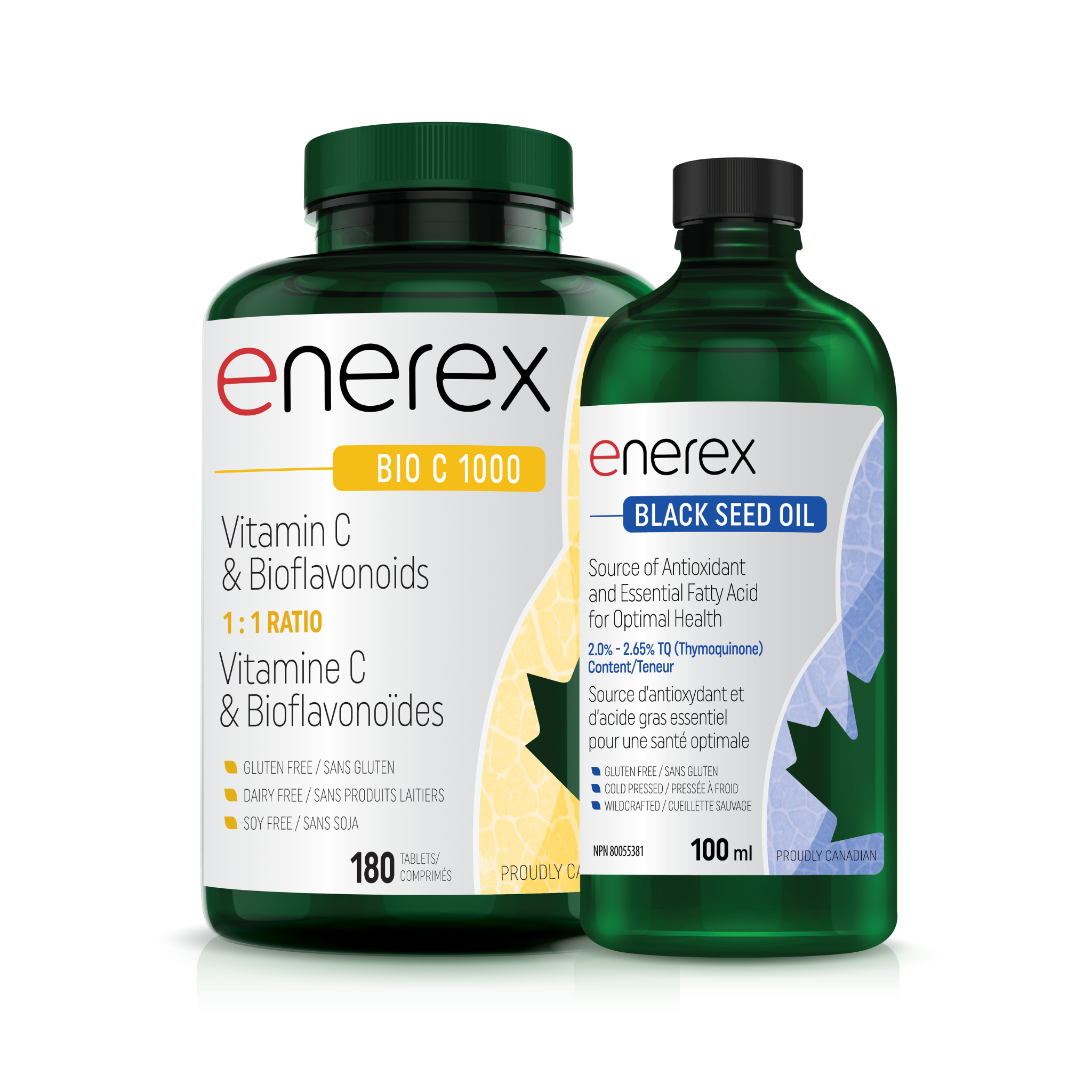
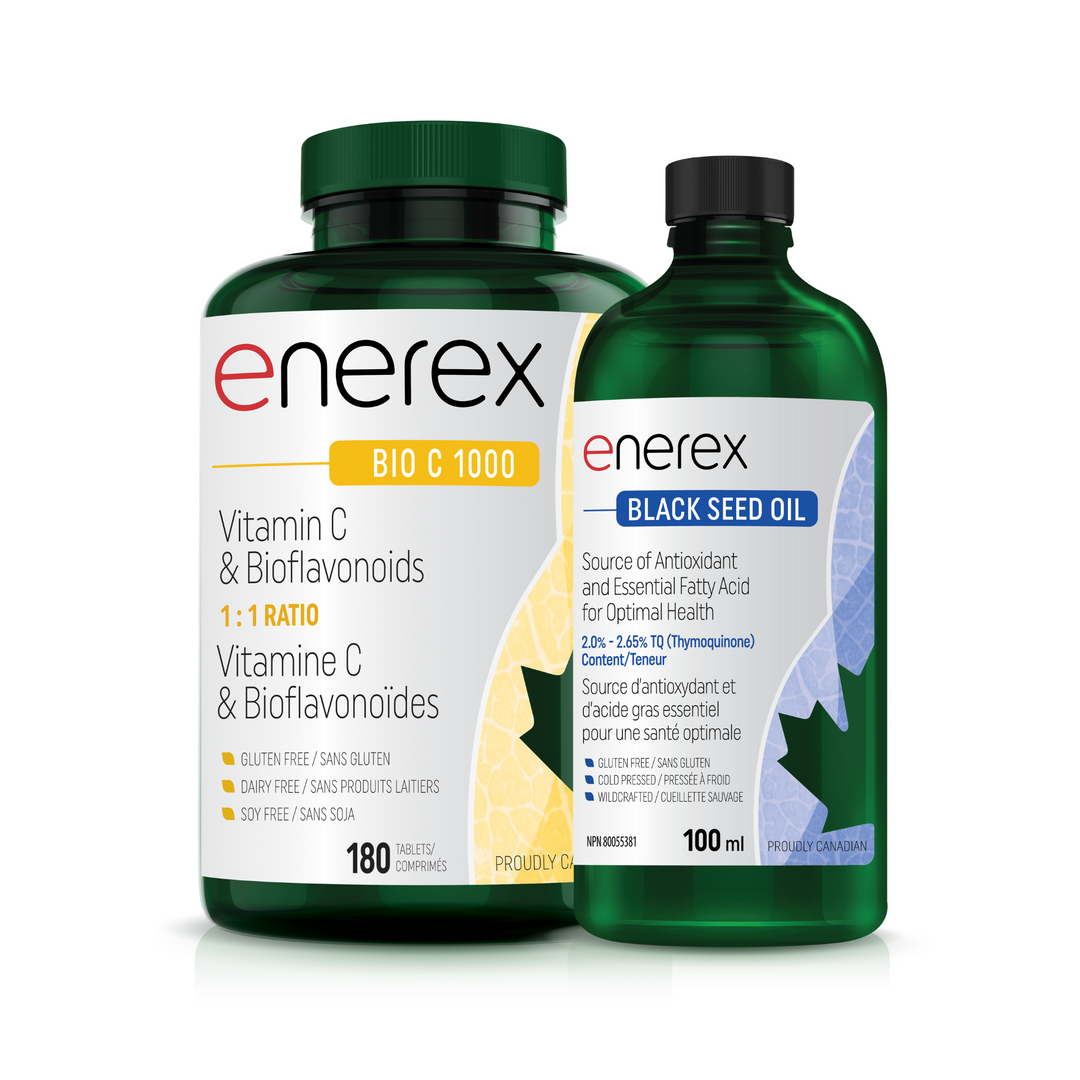
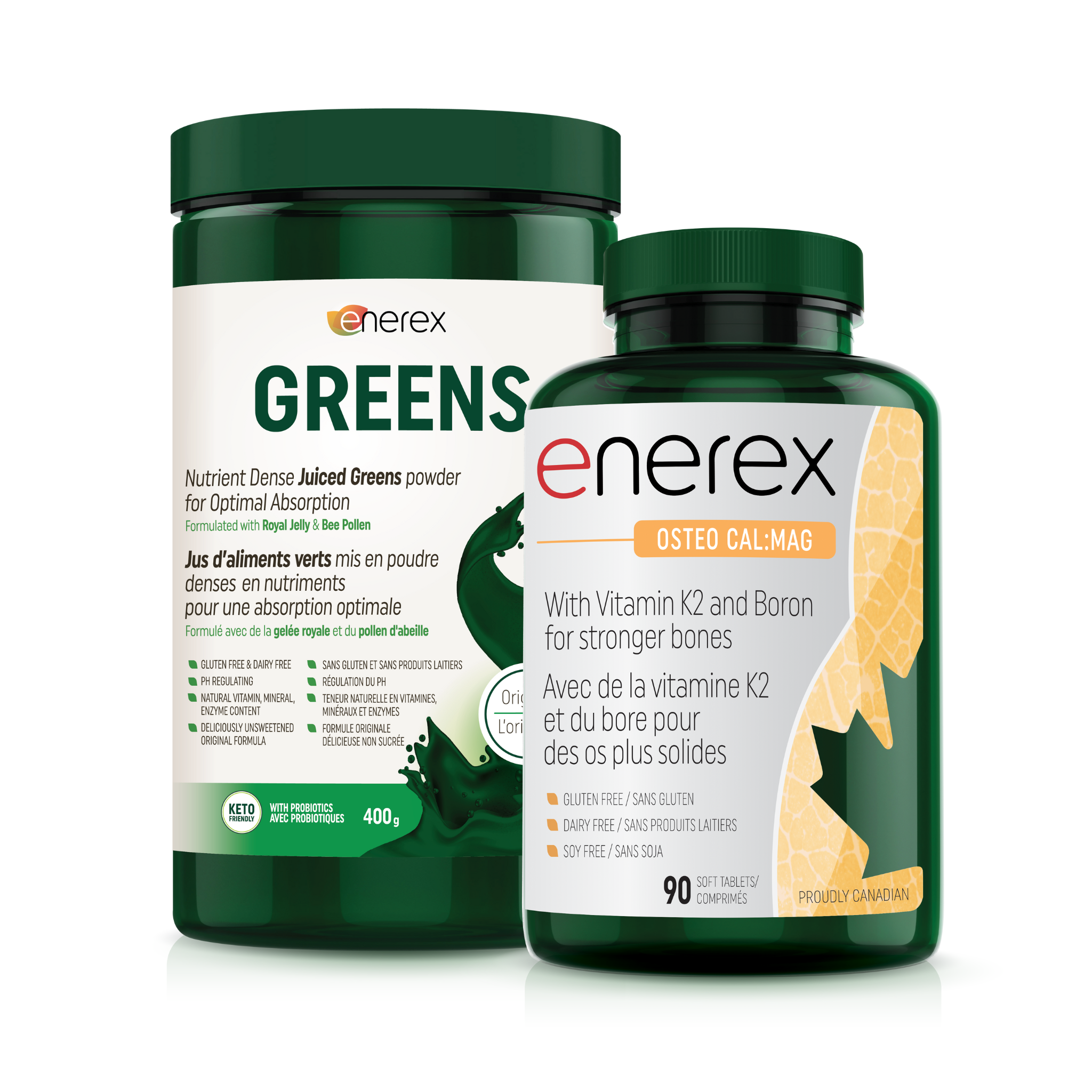
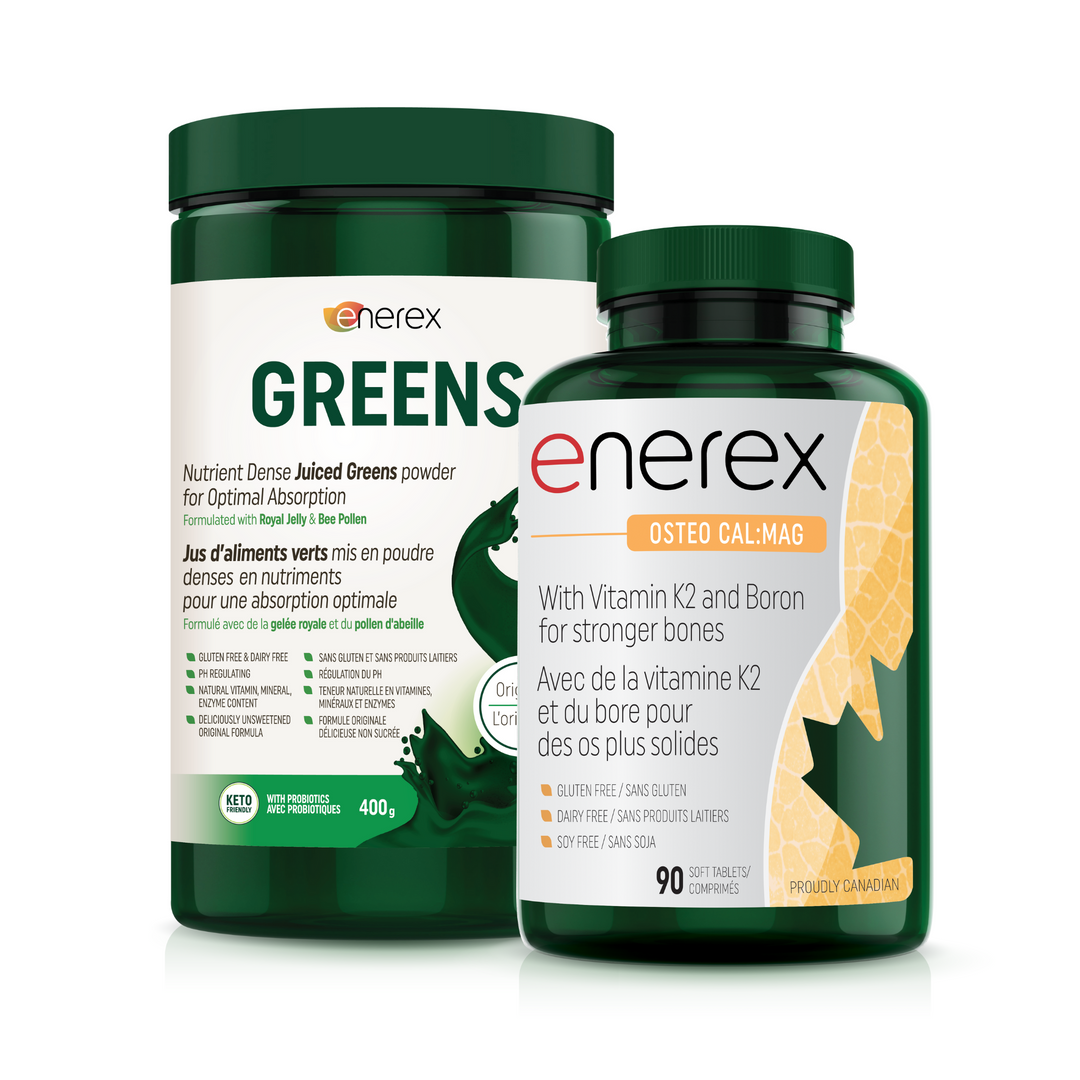
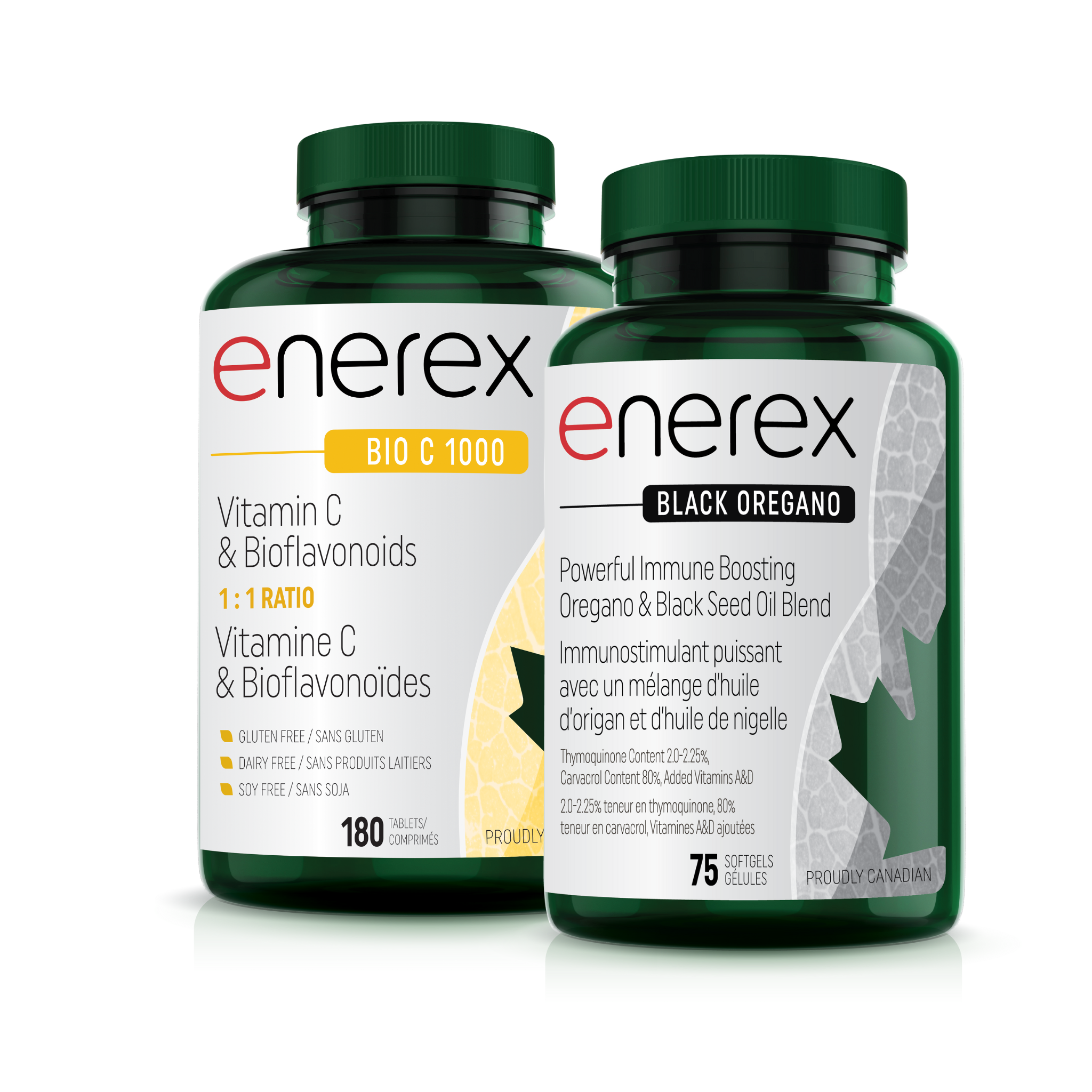
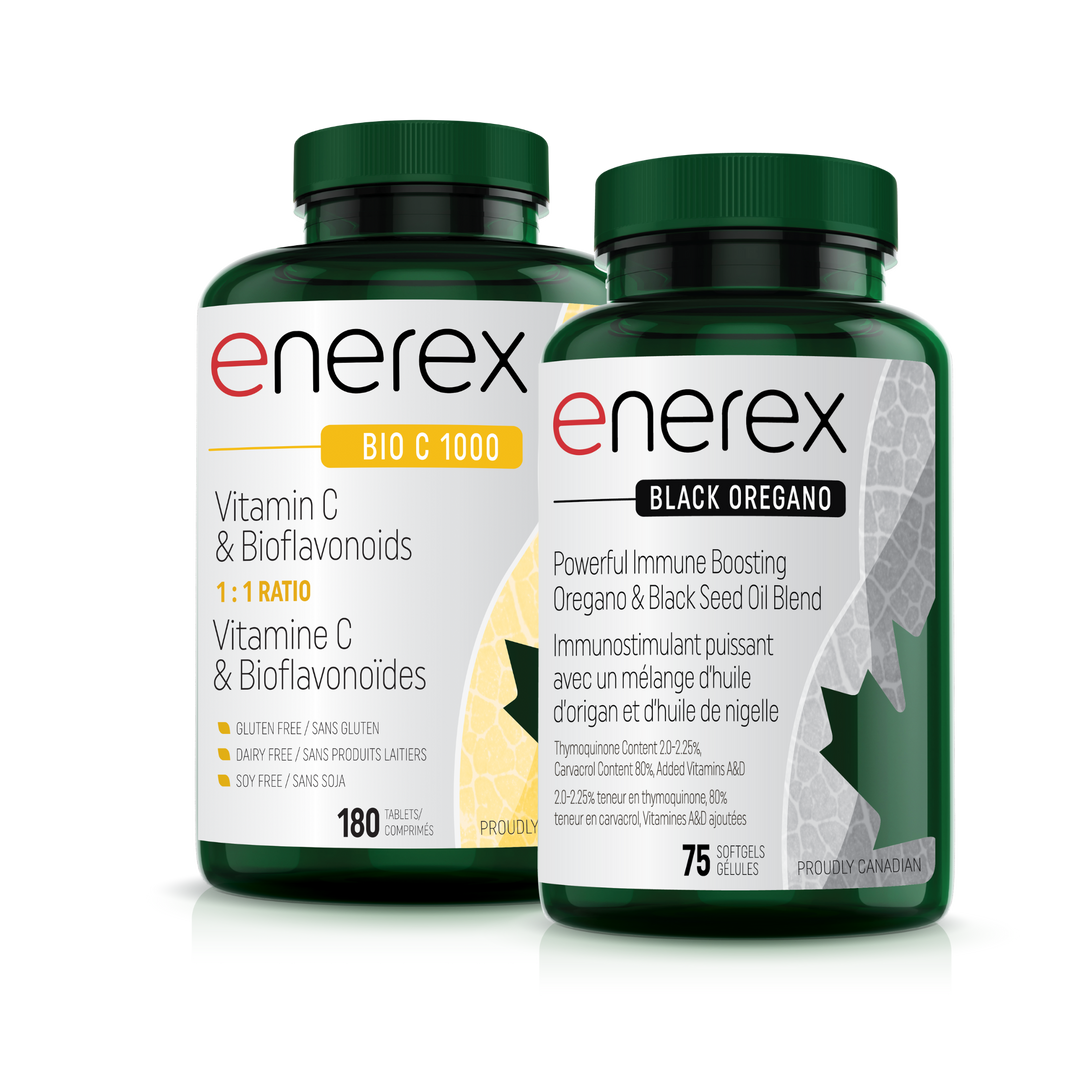
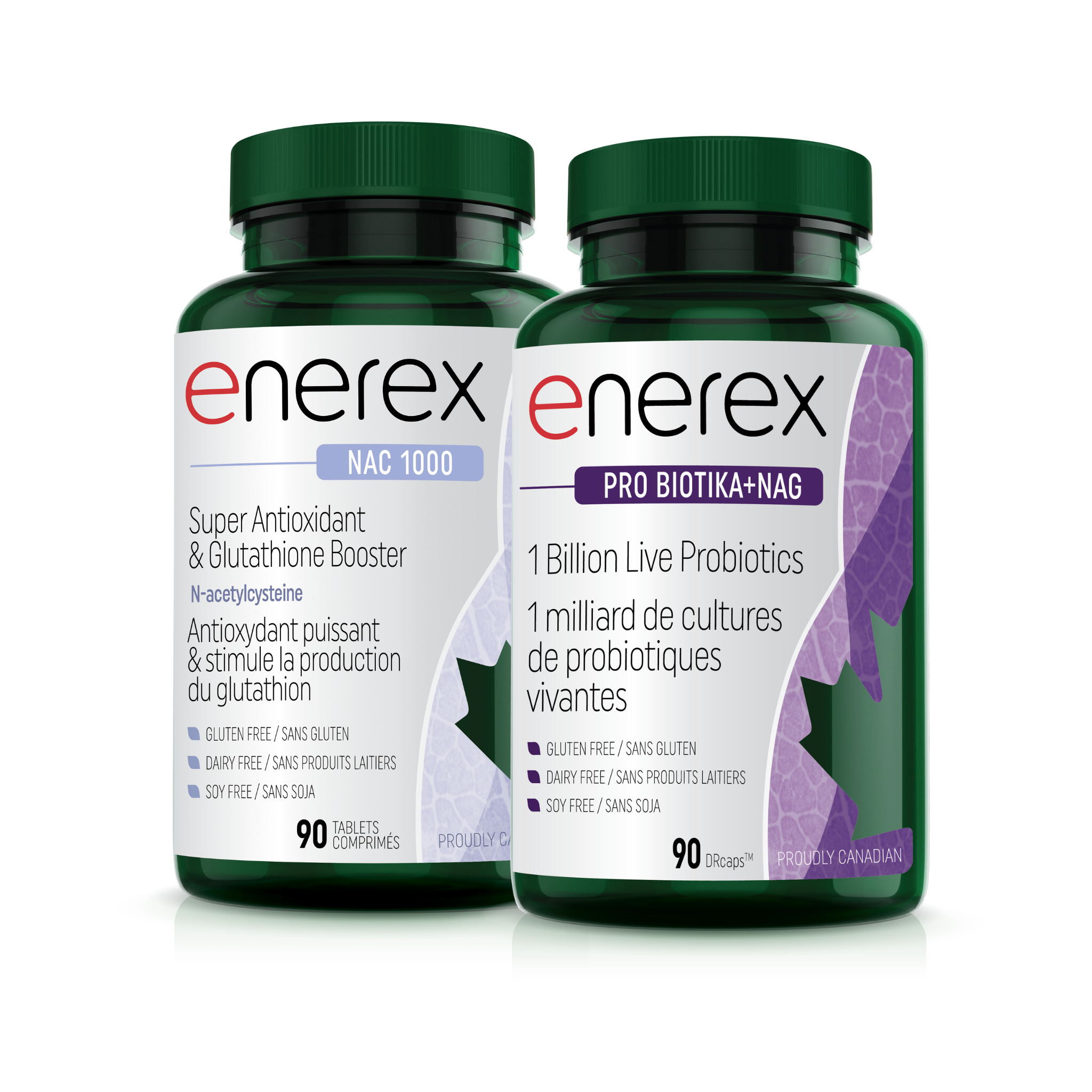
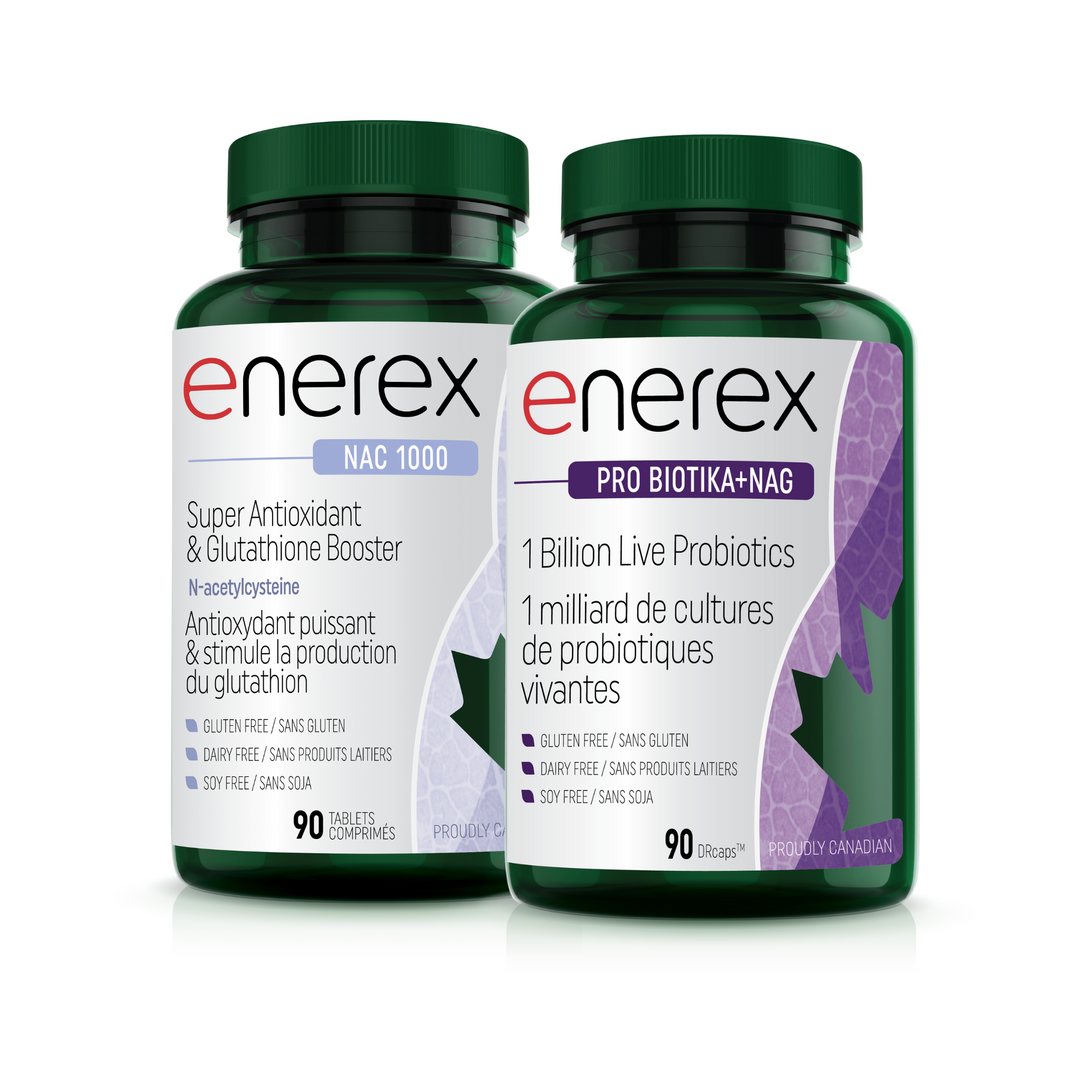
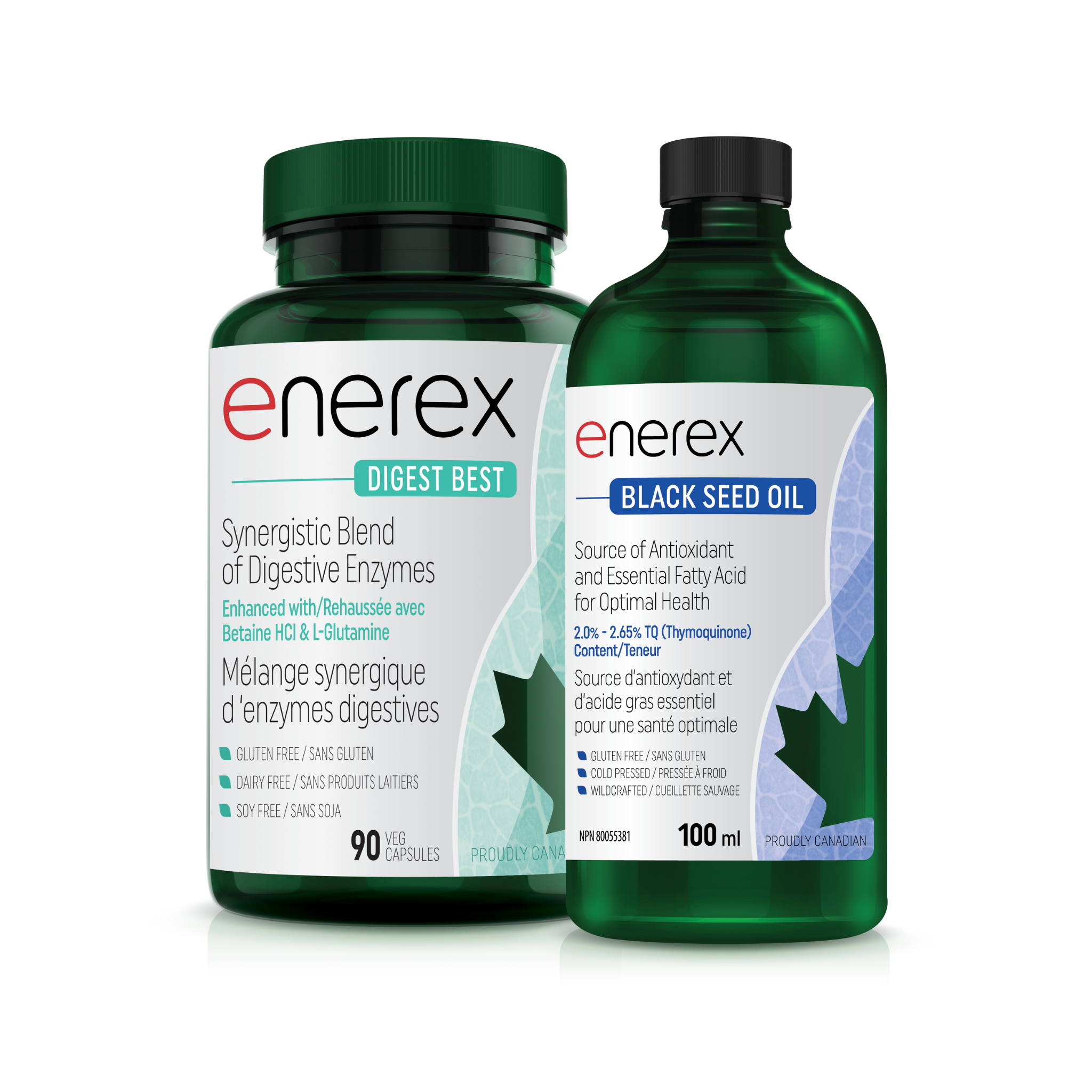
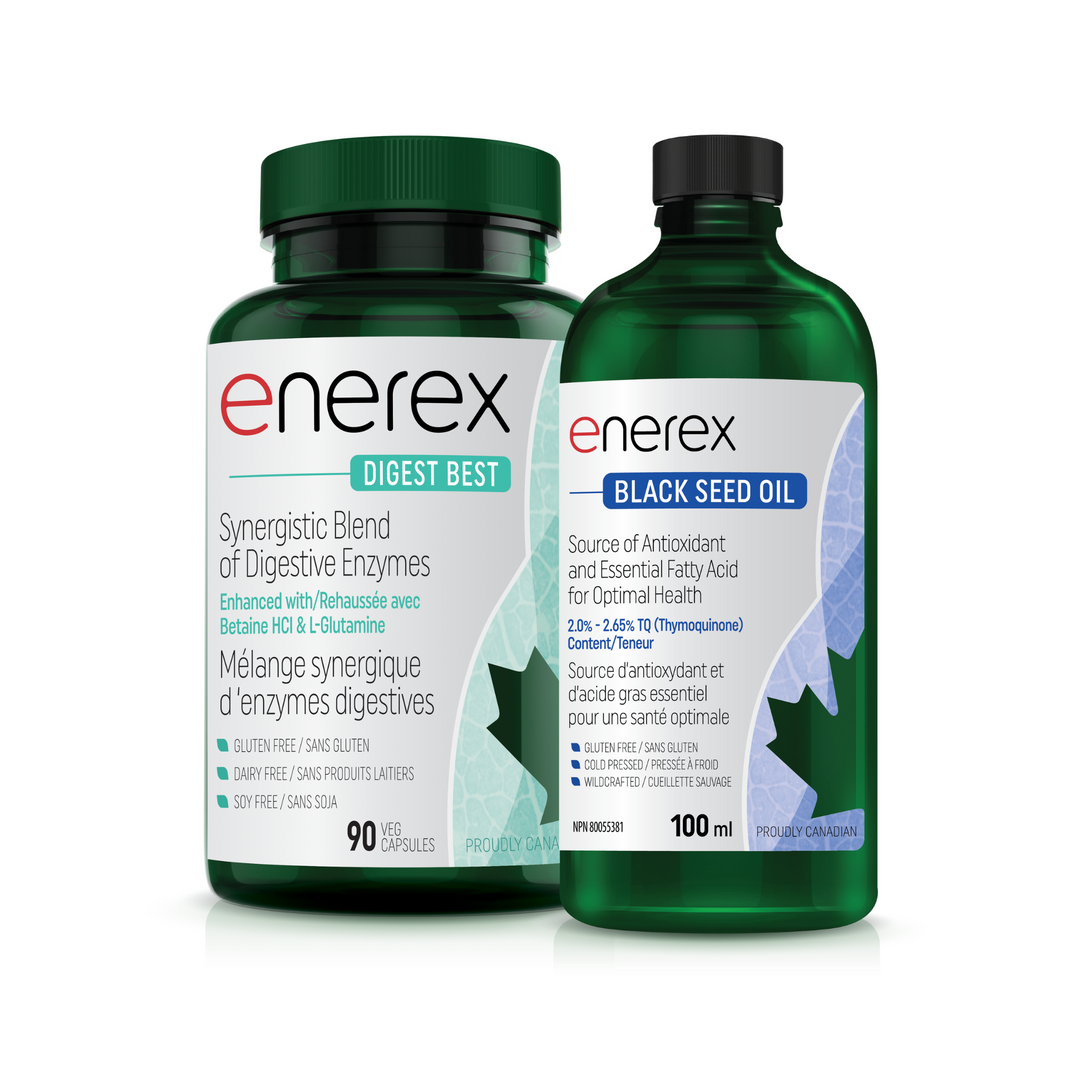
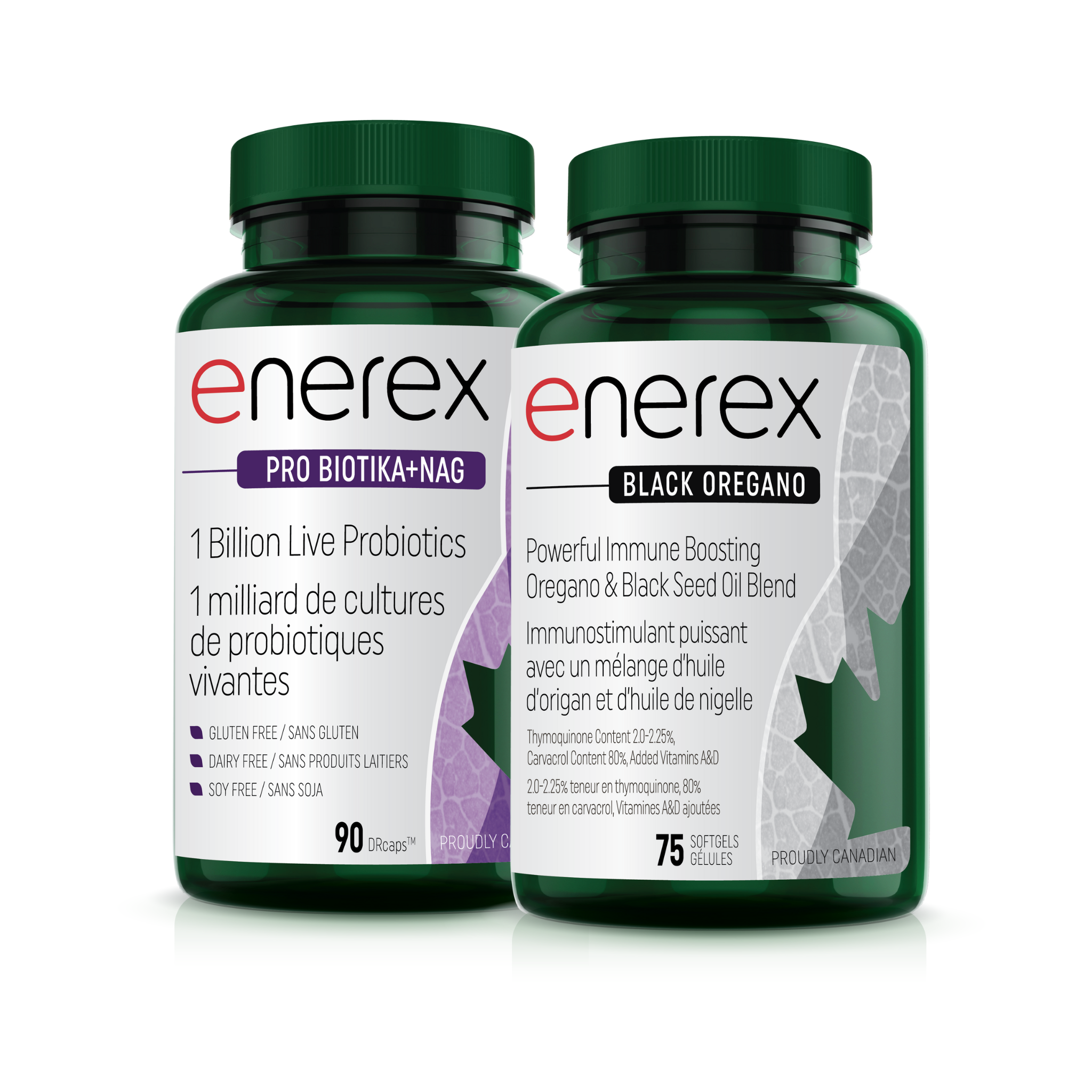
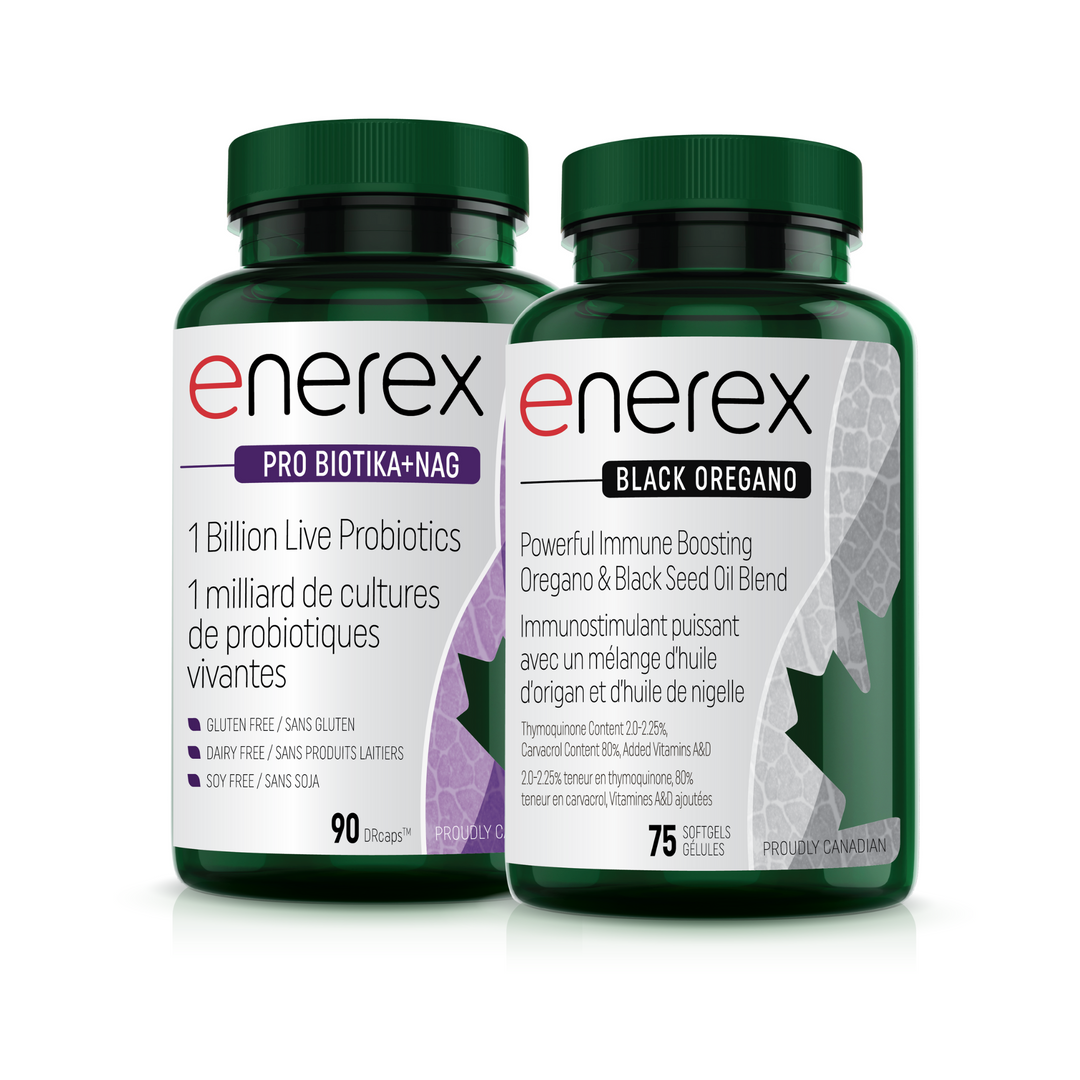
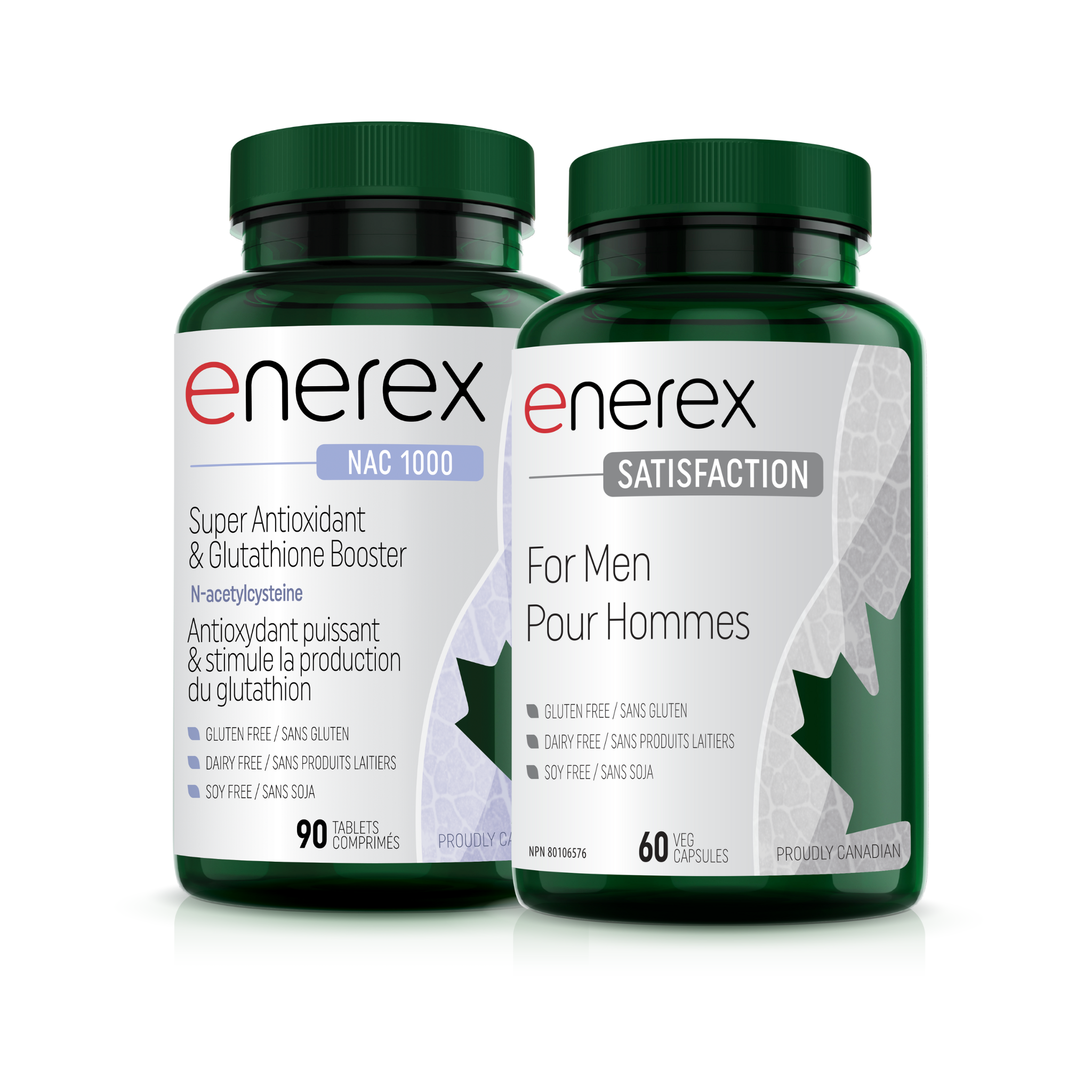
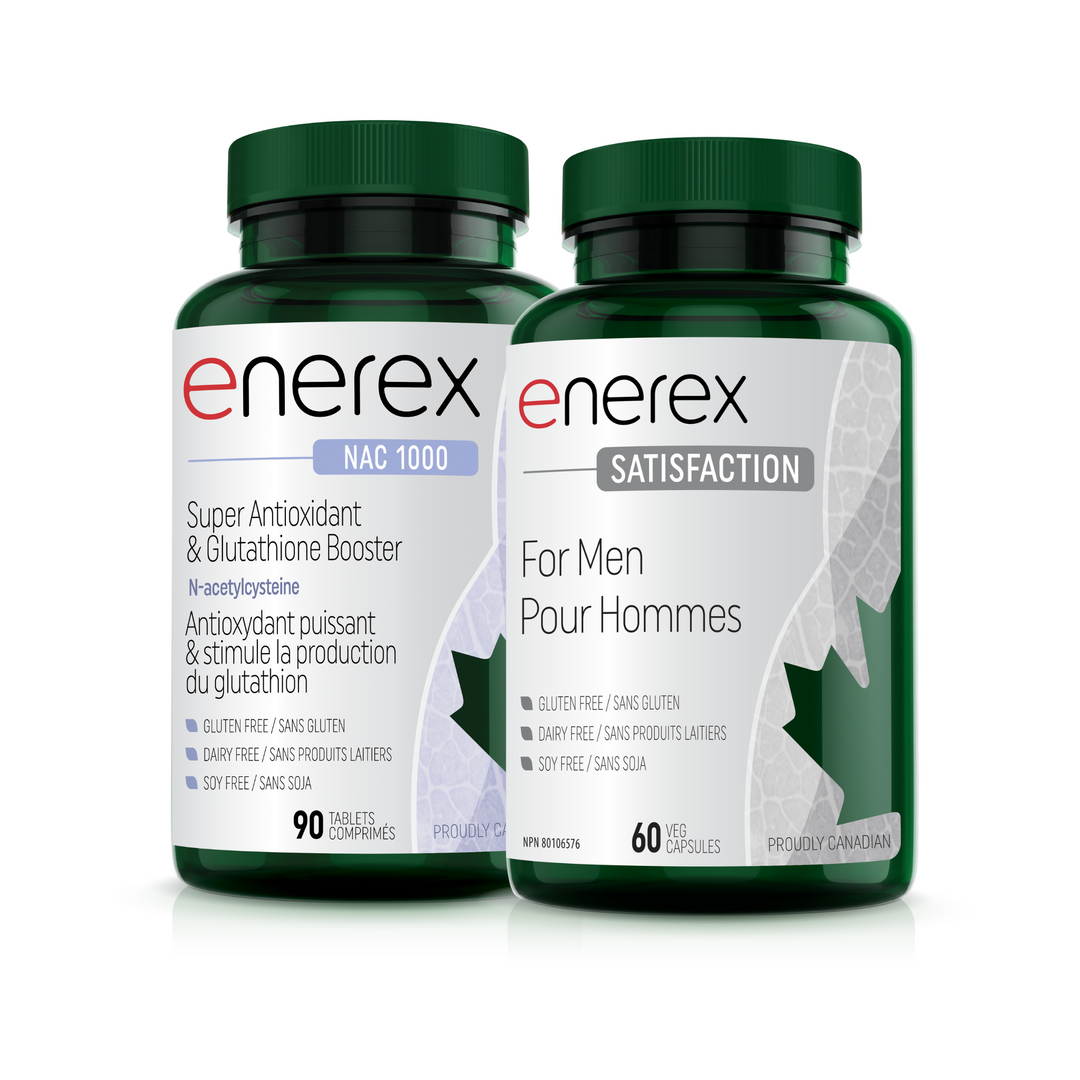
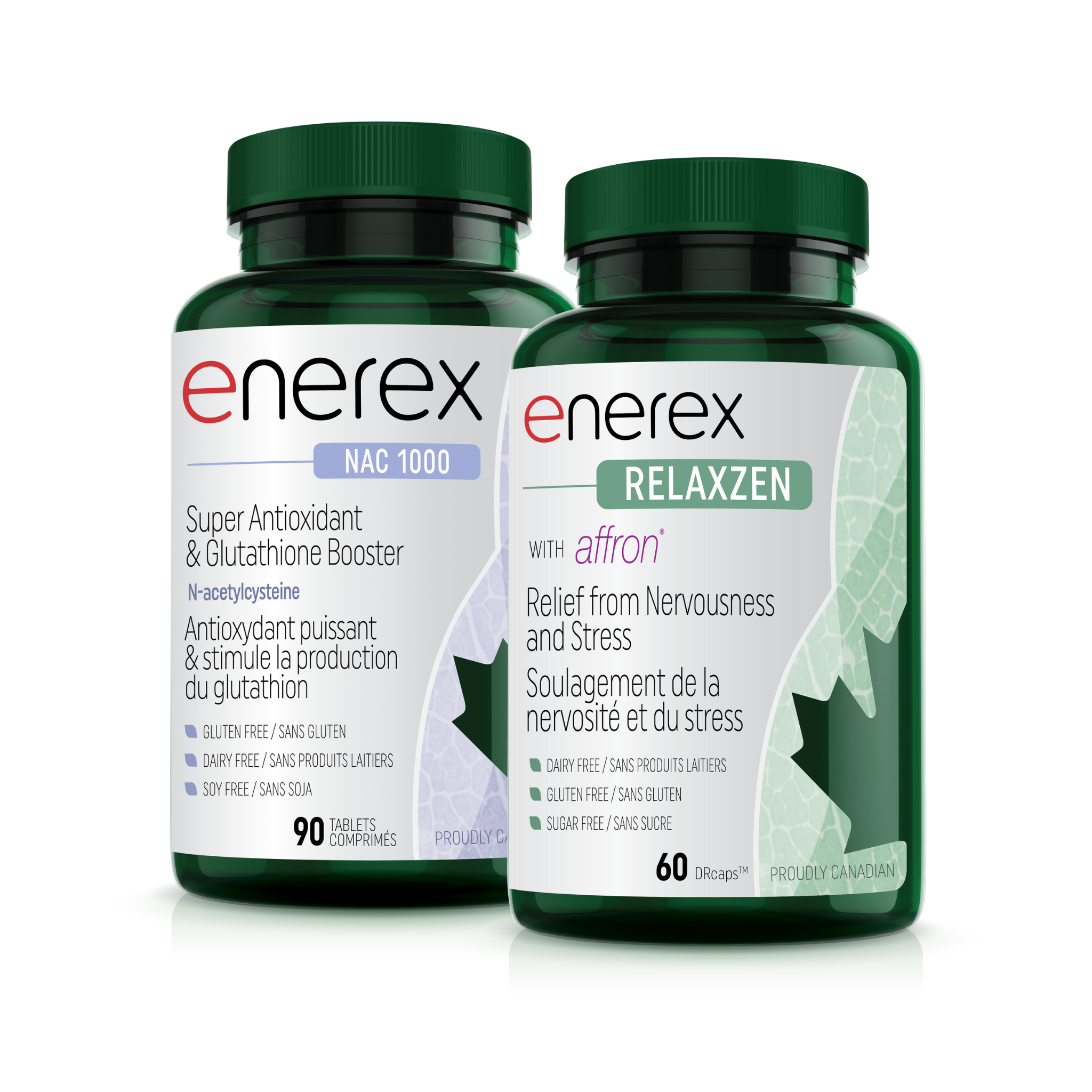
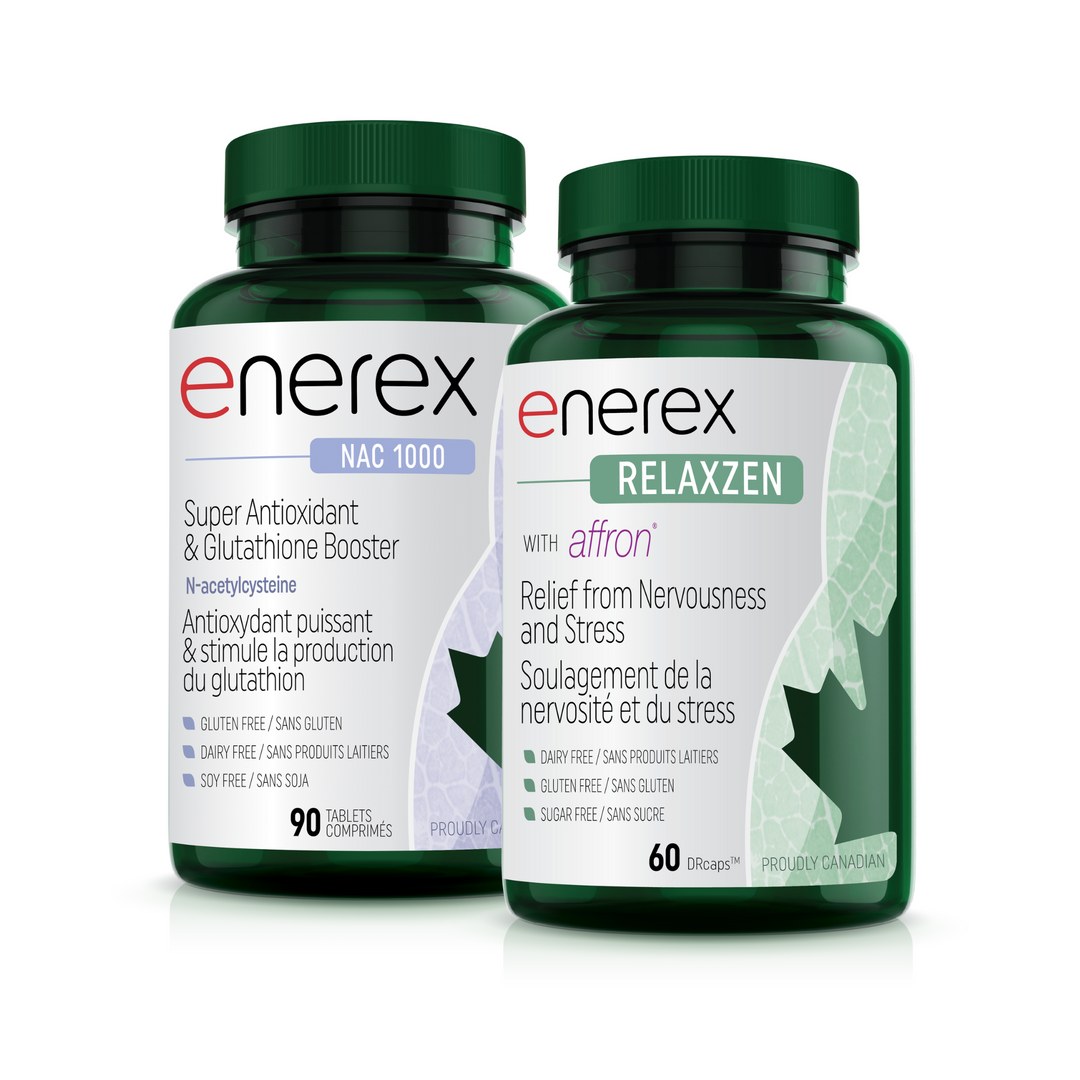
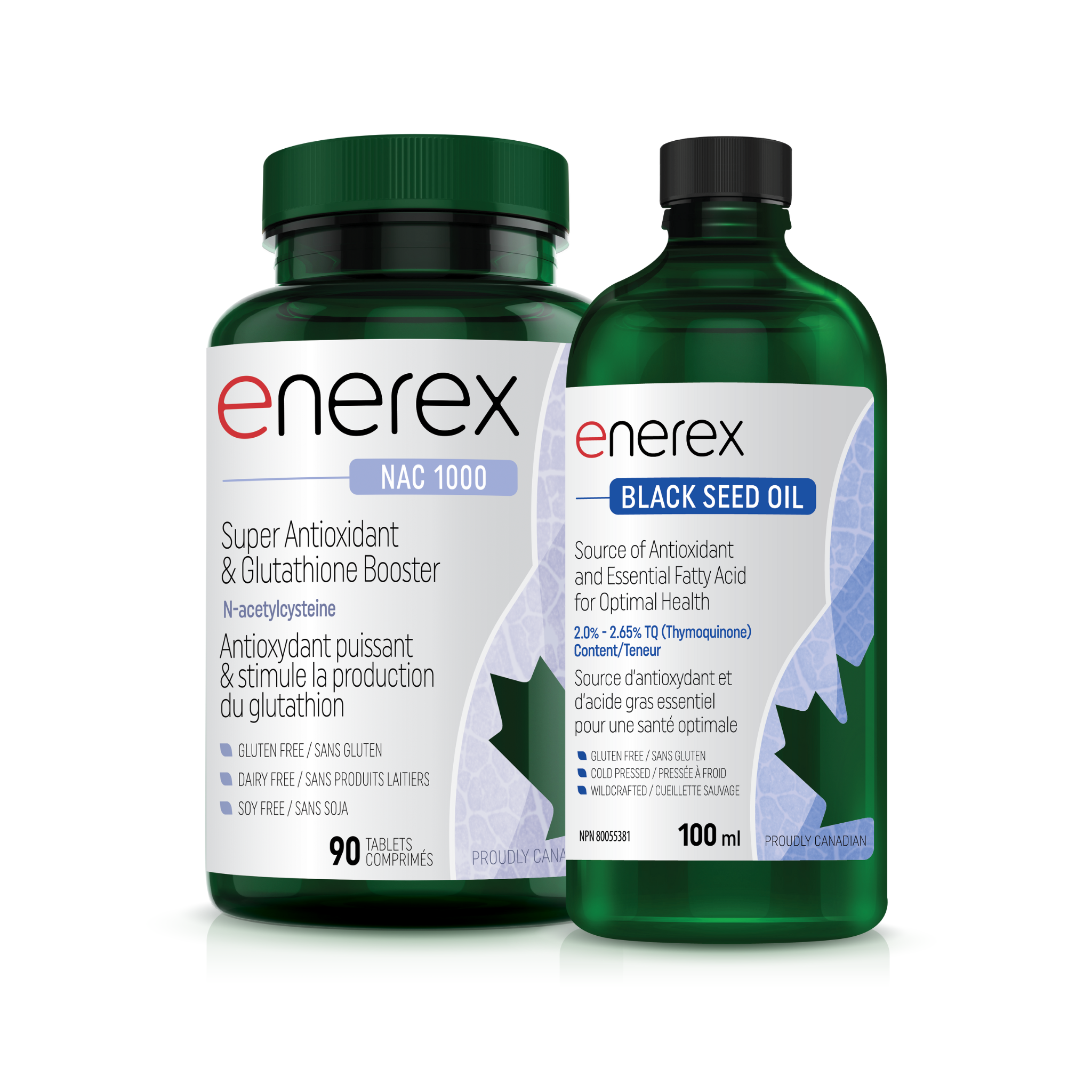
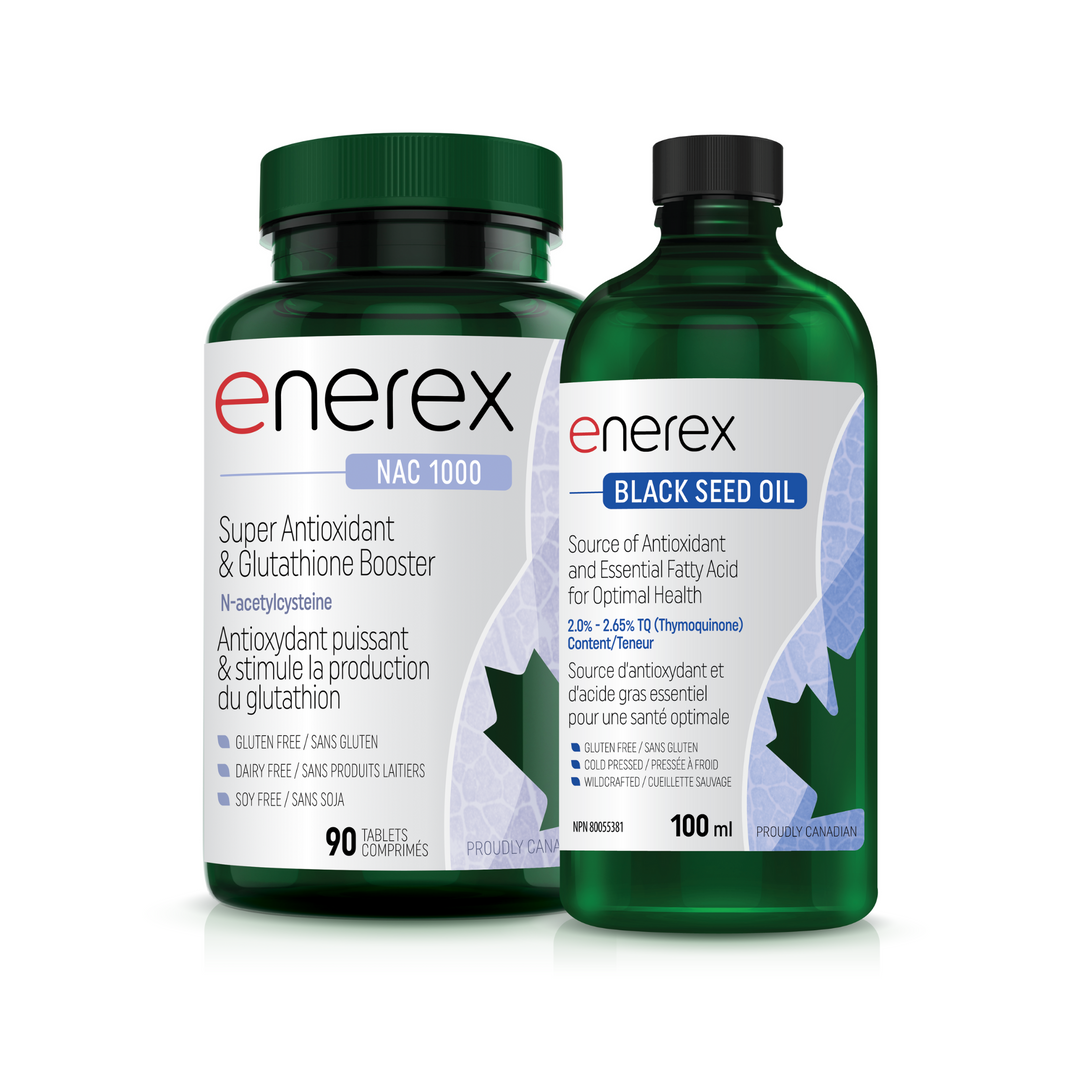
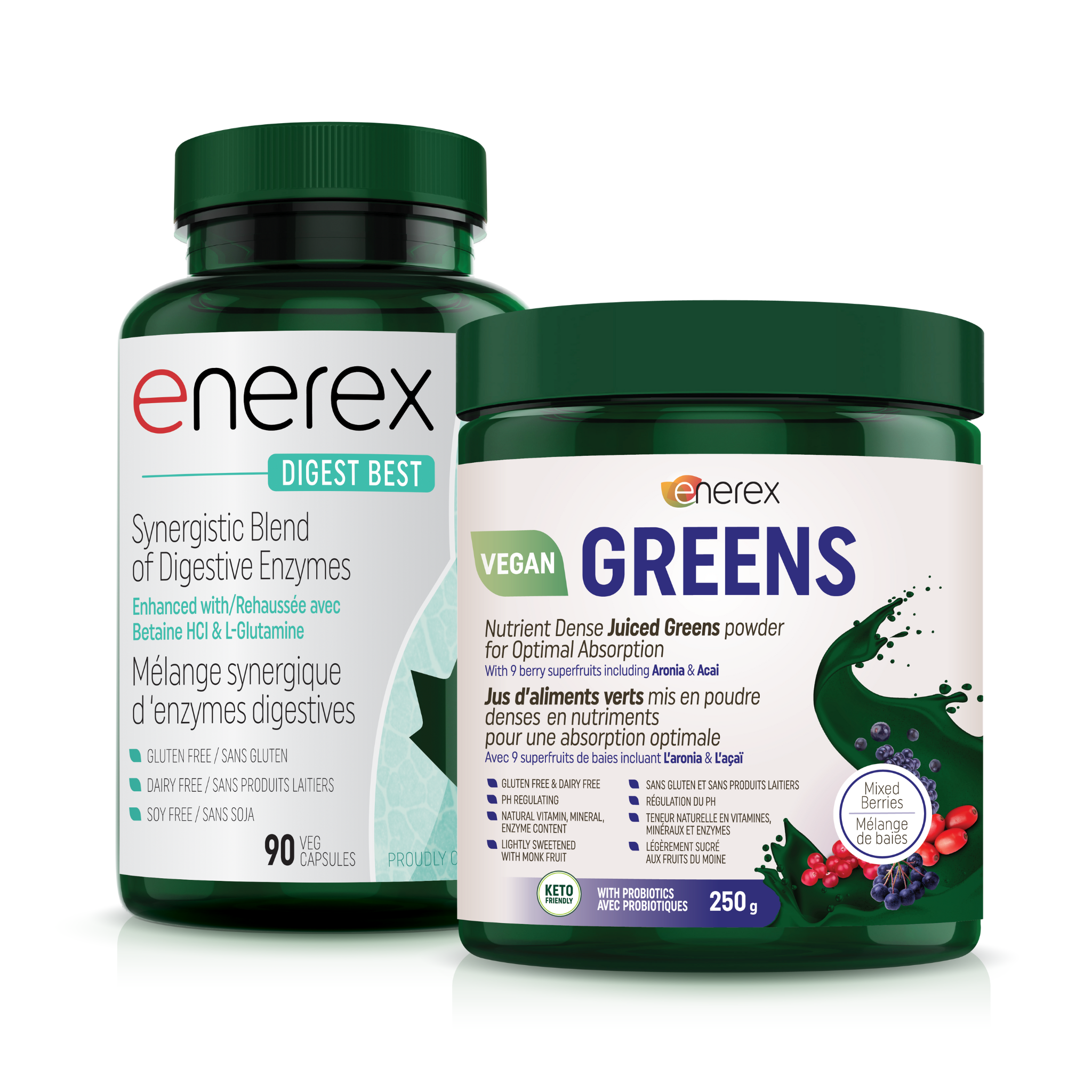
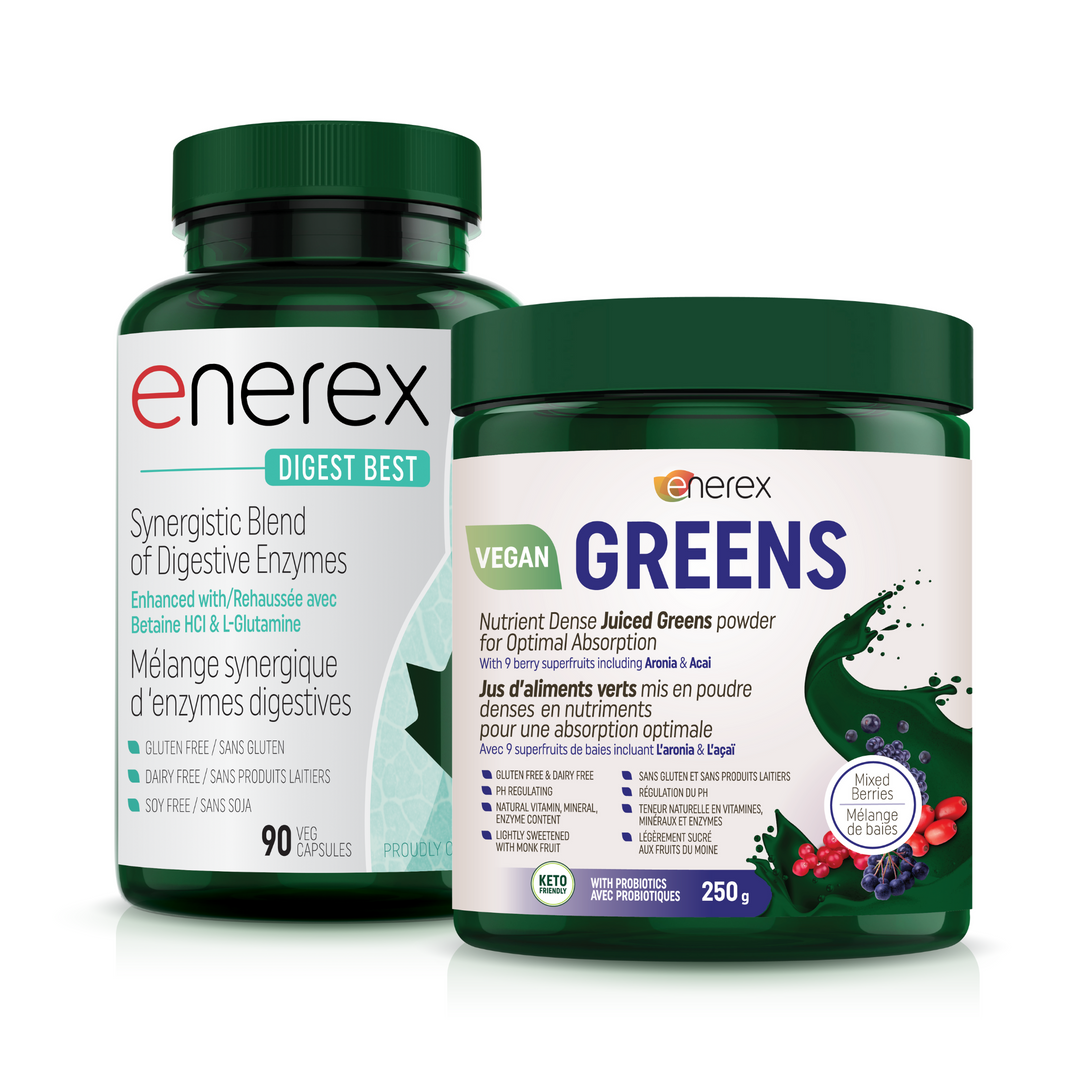
Interesting knowledgeable information.
Thanks for sharing.
Leave a comment